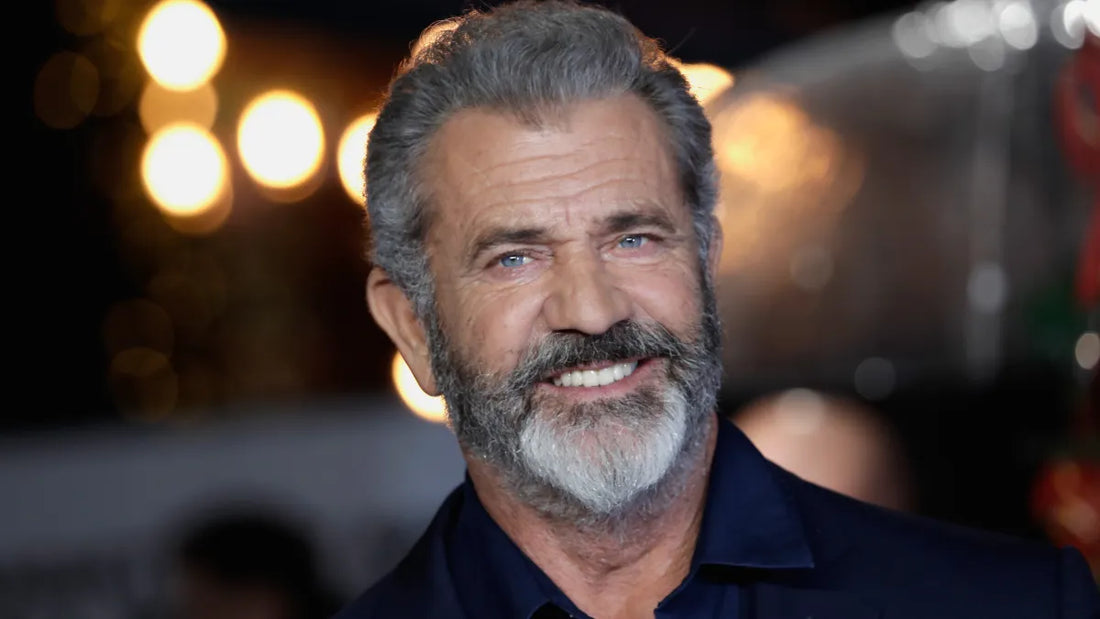
Jason Isaacs: Mel Gibson Has Done Some ‘Unconscionable and Unforgivable’ Things but They ‘Text Each Other Once in a Blue Moon’
Share
Jason Isaacs and Mel Gibson: When Forgiveness Isn’t the Same as Forgetting
Hollywood has never been great at holding people accountable — not really. So when actor Jason Isaacs recently said that Mel Gibson has done some “unconscionable and unforgivable” things, it felt like a breath of fresh, brutally honest air. But then, in the same breath, Isaacs revealed that they “text each other once in a blue moon.” And that’s when things got complicated.
Let’s start with the obvious: Mel Gibson’s past isn’t a collection of minor slip-ups. It’s filled with rage-fueled rants, racist and anti-Semitic tirades, and deeply disturbing allegations of abuse. These aren’t youthful mistakes or misunderstood quotes taken out of context — they’re well-documented, often-recorded moments that show someone capable of some genuinely dark behavior.
So when Isaacs — a man whose performances often carry a sharp moral weight — says Gibson’s actions are unforgivable, I believe him. He means it. And I respect him for not dancing around it. That kind of candor is rare in a culture that tends to praise from the safety of distance and whisper criticisms in private.
But then comes the curveball: they still occasionally text.
It’s jarring, isn’t it? How can someone who calls another person’s actions “unforgivable” still engage with them — even sporadically? The answer, as uncomfortable as it might be, is this: people are complicated. Hollywood relationships are even more so.
And maybe Isaacs’ position reflects something most of us experience in our own lives, far from the red carpets and magazine covers — that painful middle ground between condemnation and connection. Sometimes you keep a thread of contact with someone, not because you excuse them, but because human ties aren’t always governed by logic or righteousness. They’re emotional, tangled, and messy.
Still, there’s a line. And for many, Gibson crossed it a long time ago. A quick text now and then might seem harmless, but for some it reads as a kind of passive endorsement — a signal that, deep down, all can be smoothed over with time and nostalgia. That’s the danger of Hollywood’s amnesia machine: if you stick around long enough, someone will eventually call you a “complicated genius” instead of a cautionary tale.
Jason Isaacs isn’t doing that — not fully. He’s calling out Gibson’s worst moments, refusing to sanitize the past. But he’s also not cutting him off. And whether that’s a flaw, a show of compassion, or simply a reluctant reality of working in the same circles — it says something about how forgiveness and accountability often live side by side in a very fragile peace.
Maybe the rest of us shouldn’t take it as a blueprint. Maybe we should be braver about holding people to higher standards. But at least Isaacs isn’t pretending everything’s okay. He’s sitting in the discomfort, and in a world addicted to spin, that’s something.